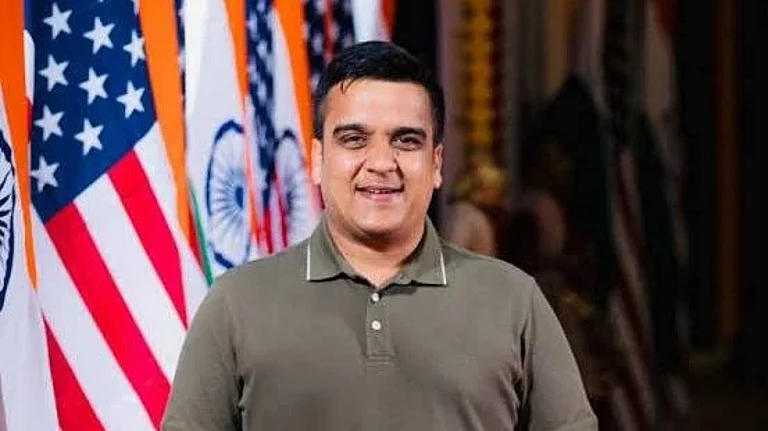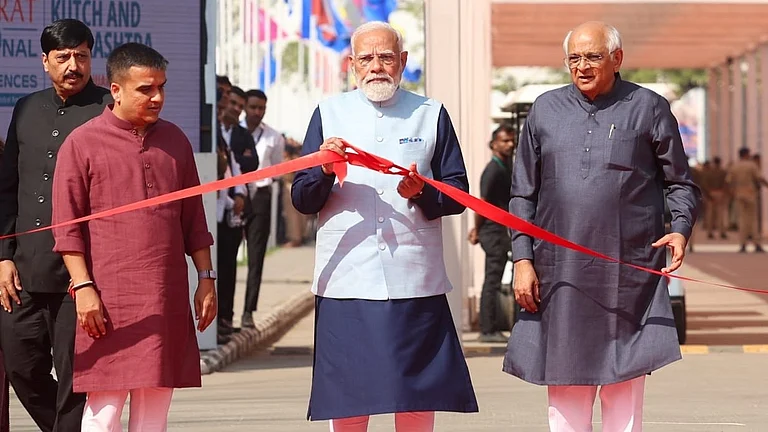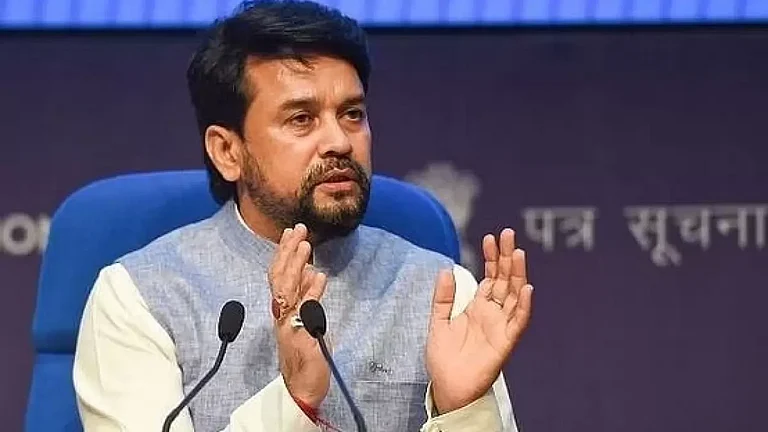At the fourth Renewable Energy Investor Meet in Gujarat, Prime Minister Narendra Modi was introduced to a pioneering innovation – the world’s first solar tile made entirely from plastic waste. Developed by a local startup, this innovation represents a significant step forward in tackling both plastic pollution and meeting renewable energy targets.
Entrepreneur Shani Pandya, who spearheaded the project, designed the solar tile using over 350 single-use plastic wrappers, transforming waste into a renewable energy source. The tile addresses two critical environmental challenges – plastic waste management and clean energy production – while supporting India’s ambitious sustainability goals.
Although not currently subsidised, the government is considering financial support for this eco-friendly innovation. The tile’s versatility extends beyond power generation, with potential applications in residential rooftops, footpaths, and urban infrastructure like electric vehicle charging stations.
Despite weighing only 3 kg, the tile is highly durable, able to withstand regular foot traffic without damage. A memento presented to Prime Minister Modi featured Gujarat's Modhera Sun Temple, India’s first solar-powered village, highlighting the state’s leadership in renewable energy.
During his visit to the startup’s stall, Prime Minister Modi expressed his strong approval, boosting the team’s morale. His support aligns with the government’s broader agenda of promoting renewable energy while phasing out single-use plastics.
The introduction of this multi-purpose solar tile represents a breakthrough in sustainable technology, offering a tangible solution to two of India’s most pressing environmental challenges. As the country intensifies its focus on renewable energy adoption, innovations like this could play a pivotal role in reaching its sustainability targets while reducing plastic waste.































